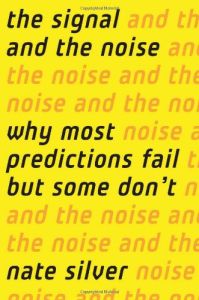
The Signal and the Noise
Why So Many Predictions Fail – But Some Don’t
Read or listen offline
Amazon KindleRecommendation
During the 2012 American presidential race, predictions varied wildly about who would win. Yet Nate Silver correctly predicted the results in all 50 states. Here, Silver discusses predictions and forecasting in fields ranging from epidemiology to gambling. The book is dense with information, and it is, quite simply, beautiful. It is clearly written and explains complex concepts well, with ample honesty, humility and dry humor. Silver’s insights will serve those who seek to do a better job of reading the future, as well as futurists, investors, candidates and policy makers. getAbstract could demonstrate its forecasting ability by proclaiming that the book will do very well, but given that it is a bestseller, that doesn’t take a crystal ball.
Summary
About the Author
Nate Silver is the owner and editor-in-chief of ESPN’s FiveThirtyEight blog and is a special correspondent for ABC News.










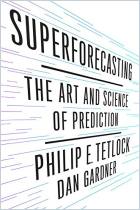
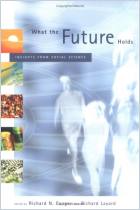
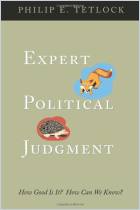
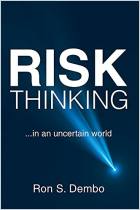
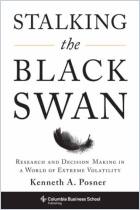
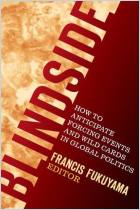

Comment on this summary or Diskussion beginnen